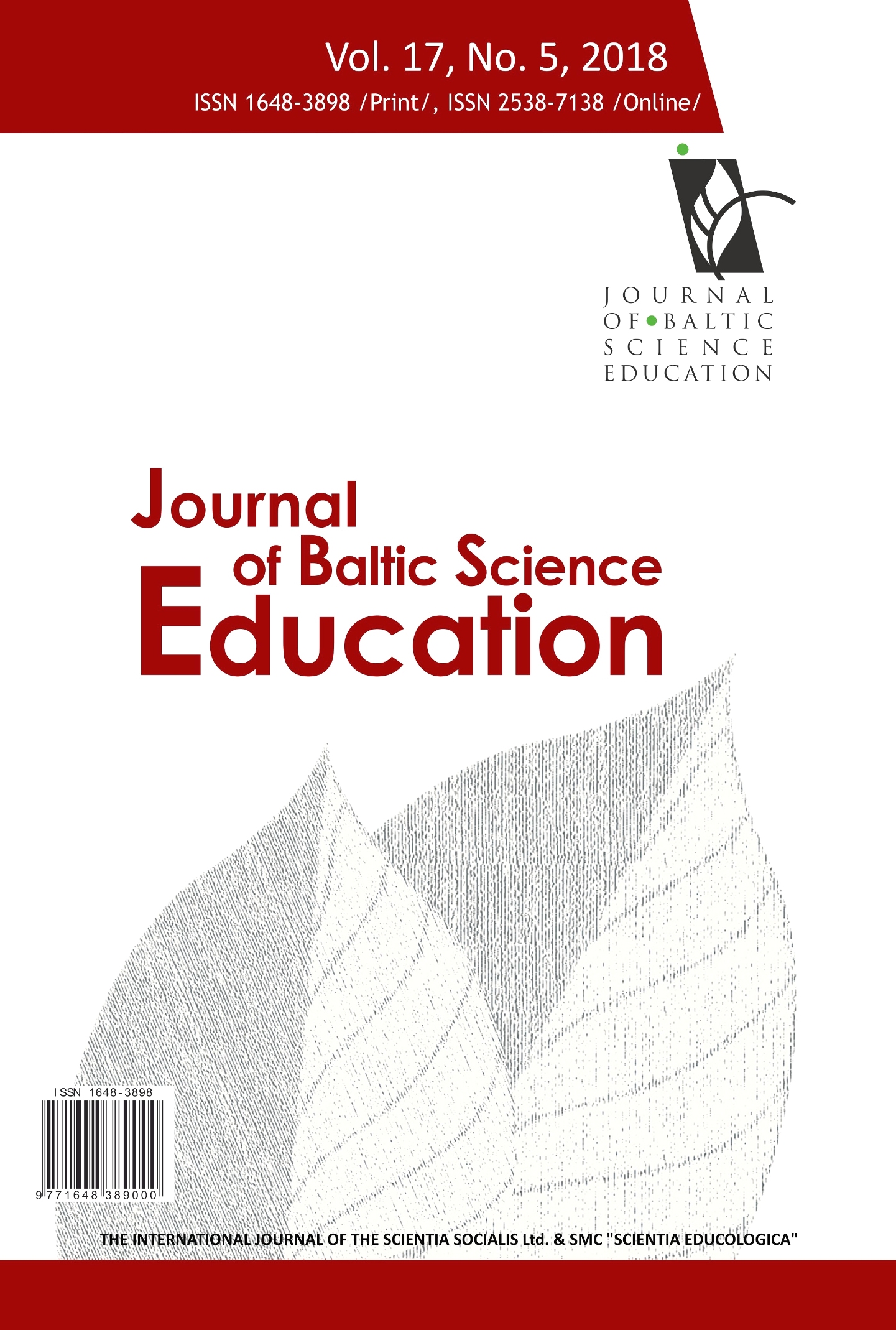EFFECTIVENESS OF POLYA PROBLEM-SOLVING AND TARGET-TASK COLLABORATIVE LEARNING APPROACHES IN ELECTRICITY AMONGST HIGH SCHOOL PHYSICS STUDENTS
EFFECTIVENESS OF POLYA PROBLEM-SOLVING AND TARGET-TASK COLLABORATIVE LEARNING APPROACHES IN ELECTRICITY AMONGST HIGH SCHOOL PHYSICS STUDENTS
Author(s): Ademola Olatide Olaniyan, Nadaraj GovenderSubject(s): Social Sciences, Education, School education
Published by: Scientia Socialis, UAB
Keywords: collaborative learning; conventional teaching; gender; performance; physics students’; Polya problem-solving; target-task;
Summary/Abstract: This research reports on the effectiveness of Polya Problem-Solving and Target-Task collaborative learning approaches in electricity amongst high school physics students. It also includes a gender focus. It was an experimental research with a pre-test post-test control group design. The experimental groups were exposed to Polya Problem-Solving approach and Target-Task collaborative learning approach while the control group were exposed to conventional teaching. A total of 180 students were selected and divided equally into three groups, 60 (male adolescent and female adolescent) each. The students were initially pre-tested, followed by teaching and learning in electricity using the treatments, and finally they were post-tested using the Performance Test in Current Electricity (PTCE). Data were analyzed quantitatively with descriptive statistics and ANCOVA, and the research hypotheses were tested at .05 alpha level of significance. The research confirmed that both the treatments, Polya Problem-Solving and Target-Task collaborative learning approaches enhanced the performance of the students based on gender and scoring abilities compared with the conventional teaching.
Journal: Journal of Baltic Science Education
- Issue Year: 17/2018
- Issue No: 5
- Page Range: 765-777
- Page Count: 13
- Language: English

